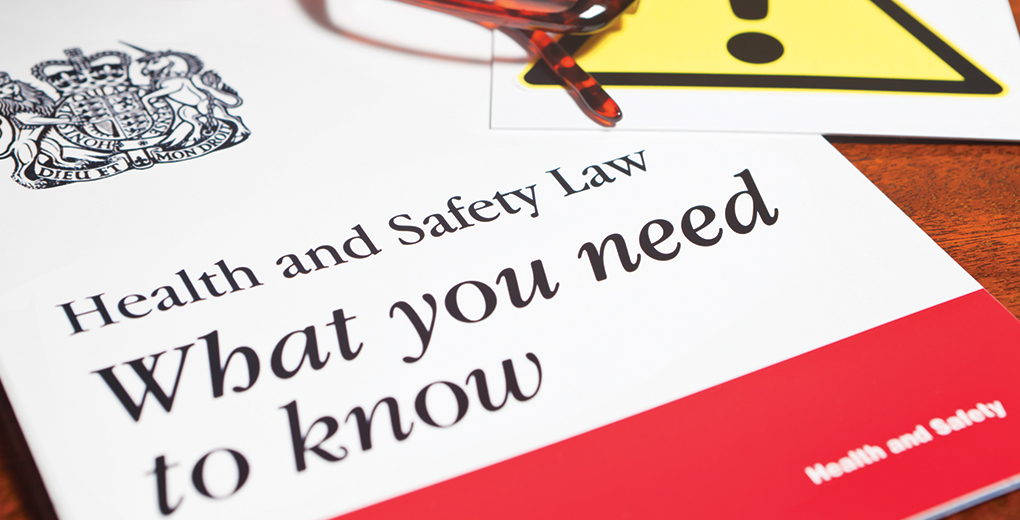Whether you’re an SME or a global conglomerate, by law you are responsible for your workers’ health and safety. If an employee tripped over a stray cable in the office and hurt their back or a construction worker employed by your company developed a long-term illness from dust-inhalation on-site, then your business could be liable.
What’s employers’ liability insurance?
Employers’ liability insurance covers the legal fees and compensation costs in cases where an employee suffers a work-related injury or illness, and then claims damages.
Certain organisations are exempt, including:
- Public organisations, such as government departments and local authorities, health service bodies, and some publically funded organisations such as the magistrates’ court committee.
- Family businesses – so if all of your employees are close relatives, then you might not need to be insured, unless your company is incorporated as a limited company.
- Companies employing only their owner when the owner has a 50% or greater share are usually exempt, too.
If you’re unsure if you need employers’ liability insurance then consult an expert, and get a compliant policy in place ASAP. There are severe financial ramifications if you go without a policy; not just in fines, but also in the potential costs your business could incur if you were sued without cover in place.
Under the 1969 Employers’ Liability (Compulsory Insurance) Act, many employers must have this insurance in place to a value of at least £5m. The fines if you don’t comply are catastrophic: up to £2,500 for each day you go without this insurance.
The policy will cover the specific activities relating to your business and only authorised insurers are approved to sell employers’ liability cover that meets government guidelines.
Who does it need to cover?
The policy covers employees. But how do you define an employee in our convoluted business world?
Someone typically classifies as an employee if:
- You deduct national insurance and income tax from their wages
- You have the right to choose where, when and how they work
- You supply their work equipment
- You have the right to the profit your workers make (although this is sometimes shared via commission, bonuses and shares)
- You specify that it must be them that delivers the work, not a substitute
- They are treated similarly to other employees, for example, they do the same work under the same conditions as someone who is defined as an employee
Ordinarily you don’t need to cover those who work for you as independent contractors, however, it’s important to check the individual circumstances, as it might be that they are classified as self-employed for tax purposes, but fall into the ‘employee’ category for other reasons.
Usually it’s likely they wouldn’t be considered an employee if they: don’t work exclusively for you, supply their own materials, can arrange a substitute rather than doing the work themselves, and where you don’t deduct income tax or national insurance.
Unpaid work experience students are usually automatically covered under your existing policy, but it’s always worth double checking.
Domestic help such as cleaners and gardeners will not usually need to be covered if they work for more than one person, however, if you are their sole employer, it’s likely that they are classed as employees and will need to be covered.
Do you need to display your certificate?
You are required to display the certificate for your employers’ liability policy. Since October 2008, employers have been given the option to display certificates electronically, but if you choose this method, it’s important that your employees have reasonable access to it as part of their job. Whether you display your certificate on the wall or electronically, it needs to be clearly listed in employee policies where they can locate it.
If the certificate is not on display or you refuse to show it to Health and Safety Executive inspectors when they request to see it, you can be fined £1,000.
How long do you need to keep certificates?
As of 2008, it’s no longer a requirement that you keep certificates for out of date policies. However, just because the policies are no longer covering you for the current year, doesn’t mean that they’re not valid for a previous year.
Some diseases can crop up years later; employees may make a claim against you for the period they were exposed to the threat. If you fail to keep the relevant back-dated insurance details, you could be liable for these costs yourself in the future.




